2017 Calendar
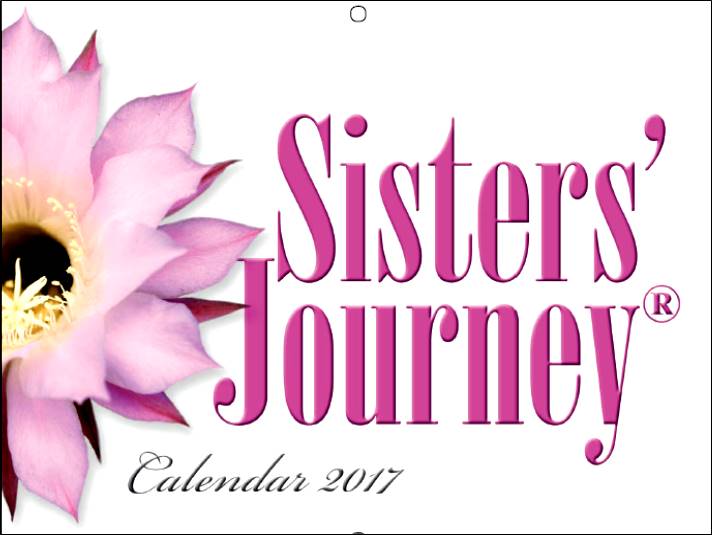
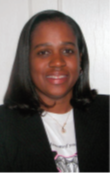
Welcome to the 18th Annual Sisters’ Journey Calendar unveiling.
Recently the US Preventative Task Force and the American Cancer Society recommended that women wait until the age of 45-50 to begin
their screening mammograms. You should know these recommendations are not for women at higher than average risk of breast cancer.
According to the American Cancer Society, being at higher risk, can include:
• Family history (even though less than 15% of women diagnosed have family history)
• Dense breasts
• Certain benign breast conditions
• Being of a certain race and ethnicity. (In women under 45 years of age, breast cancer is more common in African-American
women, and they are more likely to die from the disease than any other group).
http://www.cancer.org/cancer/breastcancer/detailedguide/breast-cancer-risk-factors
These recent recommendations will make our advocacy work even more crucial. Together we need to work towards reducing the alarming
number of breast cancer diagnosis by educating ourselves, practicing prevention, and advocating any way we can to make sure we don’t
allow these guidelines to affect our access to care.
In the pages to follow, you will find another collection of “stories of hope.” These 12 Breast Cancer Survivors will remind you that no two
journeys are ever the same and that whenever you feel something or see something you have to do something. Be persistent, as our sisters
were, in the pursuit to finding out what was wrong.
You will also read of the patience and compassion of caregivers. Many studies have found that cancer survivors with strong emotional support tend to adjust better to the changes cancer brings to their lives. This is why this year we are hosting a panel discussion of family members whose tremendous contributions made such a difference to the outlook and quality of life of their beloved cancer patient during treatment and after a cancer diagnosis.
http://www.cancer.org/treatment/understandingyourdiagnosis/talkingaboutcancer/how-to-be-a-friend-to-someone-with-cancer
In spite of what has been recommended, I would hope we would continue to move forward with our early detection practices which work
best for us as individuals, and that we can see how important it is to advocate for ourselves and others.
Be Well,

Peace and Blessings
-
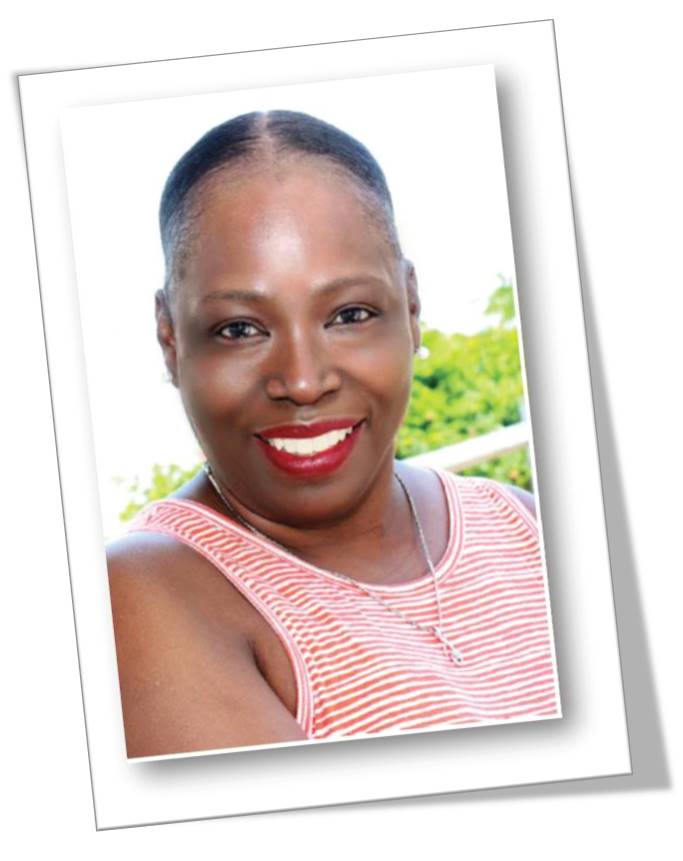 January
JanuaryI moved to New Haven, CT from the Bronx in 2008. I had purchased my home prior to the move in May of that year. I was a 43-year-old African American woman with two kids and a husband. I was living my American Dream.
-
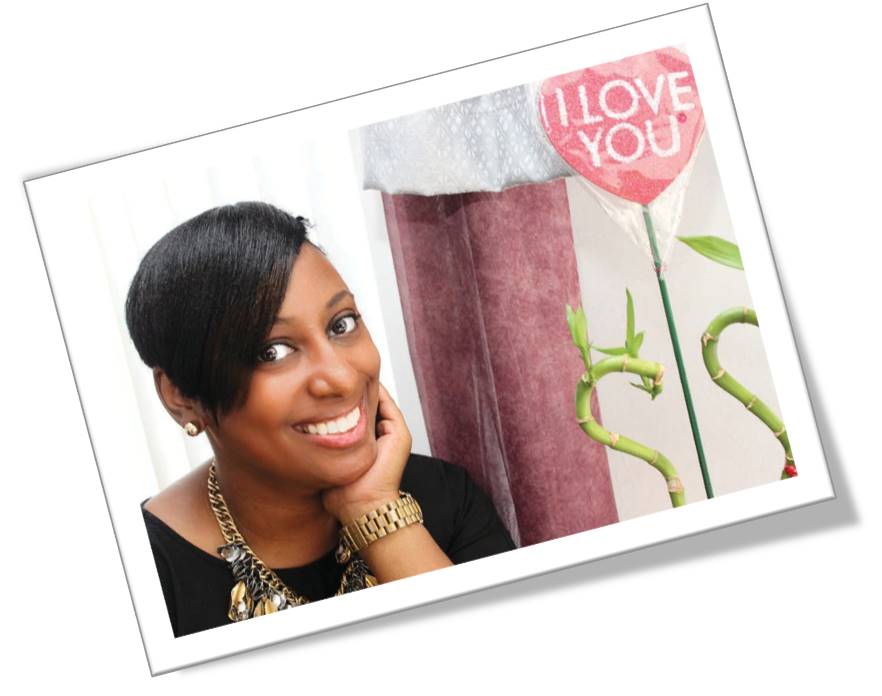 February
FebruaryI always knew I would get breast cancer, I just never thought I would get it this early in life.
-
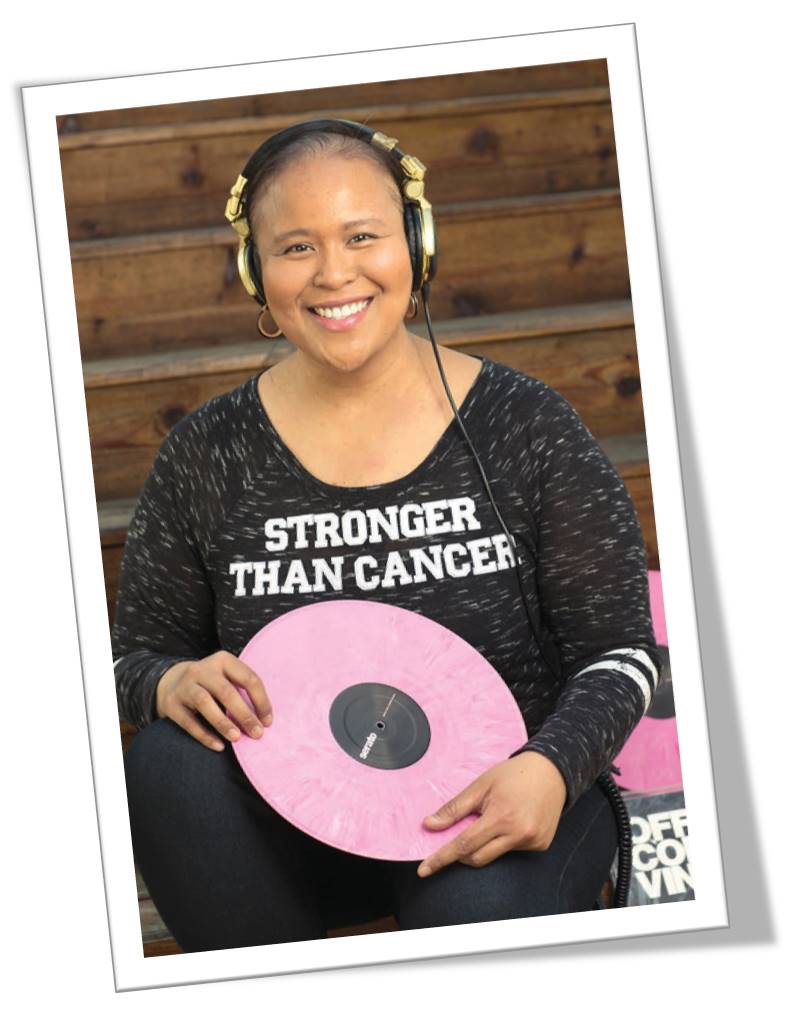 March
MarchAt age 39, I was diagnosed with a triple positive breast cancer that immediately altered the course of my life. Or did it?
-
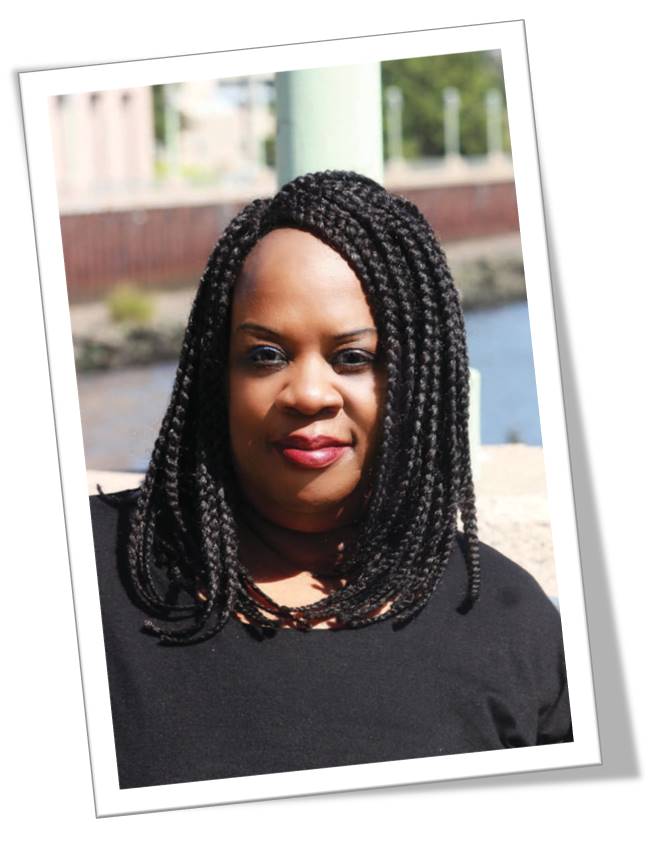 April
AprilAt this time I have been cancer free for almost four and a half years. Throughout my journey, I prayed and kept the spirit of God in my life, as I have always to this day.
-
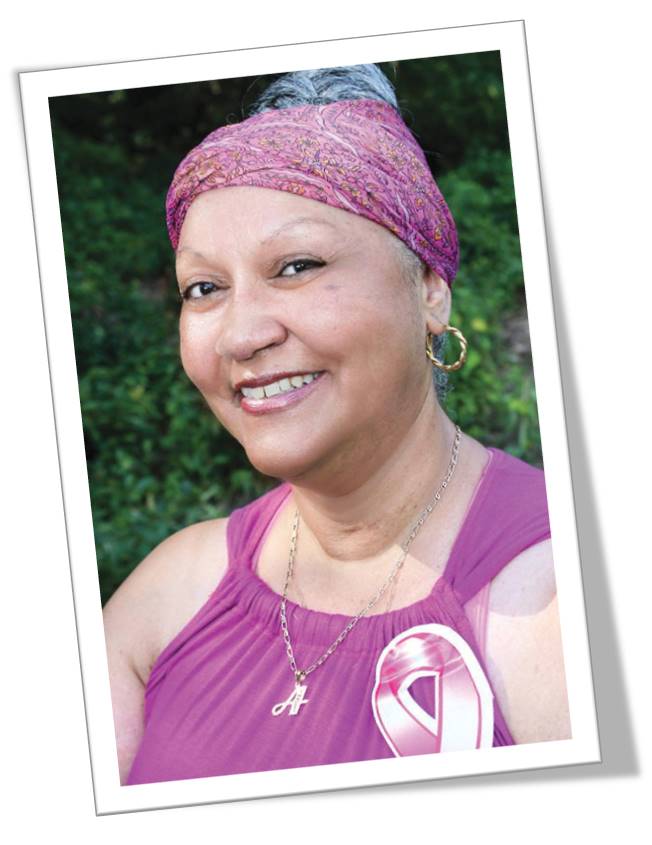 May
MayI don’t think about what happened; my scars are my only reminder. I AM A SURVIVOR!!!
-
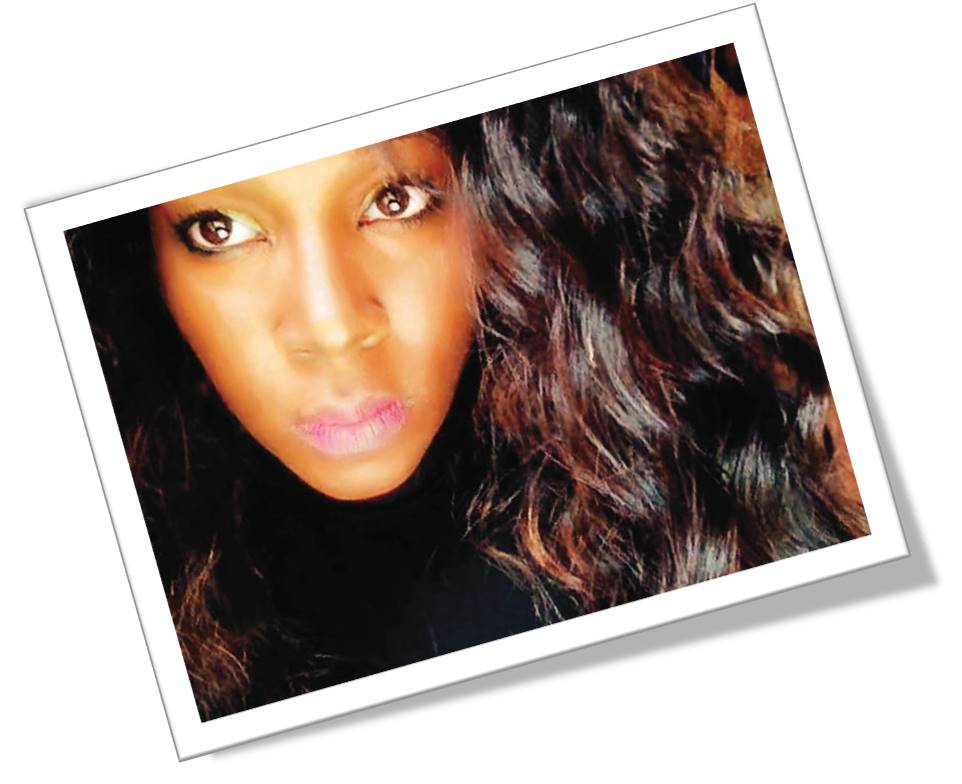 June
JuneI moved to New Haven, Connecticut from the Bronx in 2008. I had purchased my home prior to the move. My name is Denise McCall….
-
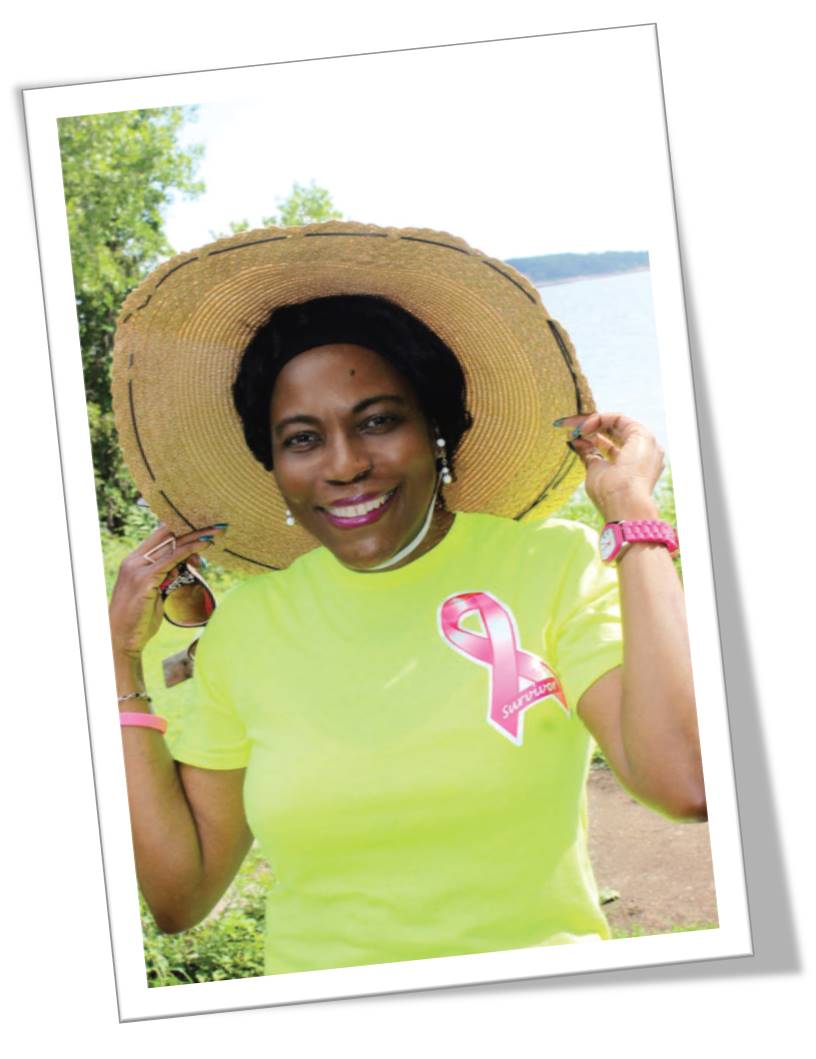 July
JulyI give thanks to God for my life and for this wonderful opportunity to share my story. My name is Maggie Gardner. I grew up on the Island of St. Vincent and the Grenadines in the Caribbean. I came to the U.S. in 1989 and began a career in the health care field. Today, I am the Executive Director of Gardner’s House.
-
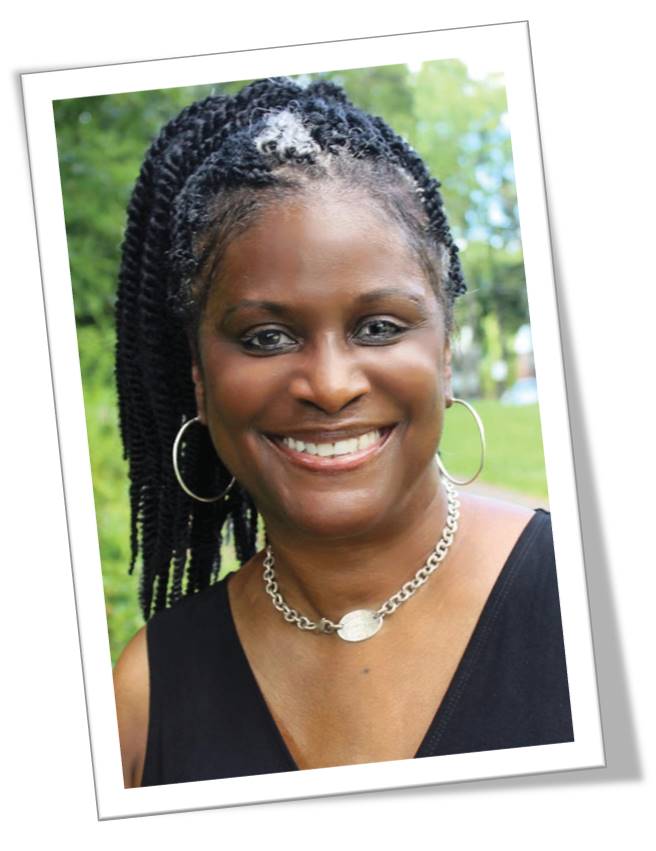 August
AugustMy journey of breast cancer began in April 2012. I was on vacation with my husband, daughter and grandson when I began feeling a consistent pain in my left breast. I had had a mammogram four months prior that had been normal. Instead of waiting, I decided to call my GYN while on
vacation and tell him about the pain and to schedule an appointment. Because I had dense breasts, I was able to get an ultrasound scheduled, which I had upon my return. -
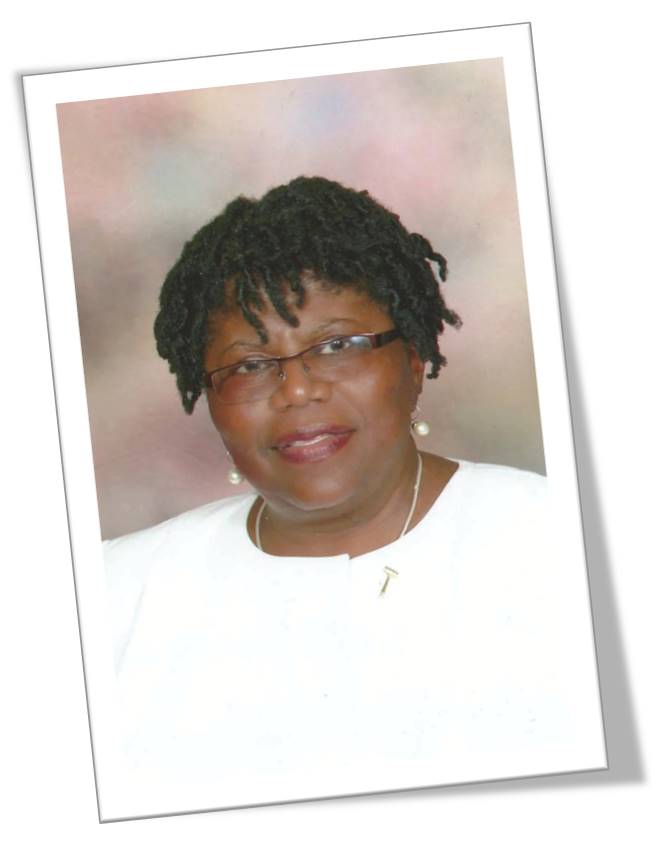 September
SeptemberIn 2001 I noticed some leakage from my breast. I immediately called my doctor who ordered a mammogram that was abnormal. I then had a biopsy. Once the results were in, I was told that I had breast cancer. In a follow-up consultation visit, I learned that my cancer was very treatable. The treatment consisted of a procedure called a lumpectomy (removal of the tumor and surrounding tissue) followed by eight weeks of chemotherapy.
-
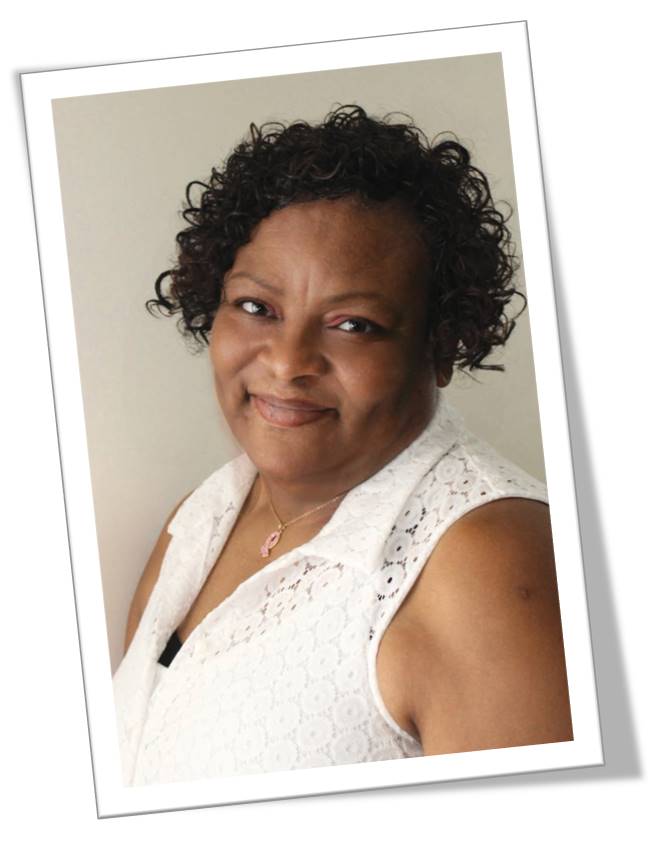 October
OctoberLet me start by saying that if I had been doing my regular mammograms as the health care professionals suggested, I would have caught the cancer in time and it wouldn’t have gotten to stage 2. It was while I was doing a self-breast exam that I felt a “LUMP”; but I shrugged it off and thought no more about it until I had pain in that particular area a few months later.
-
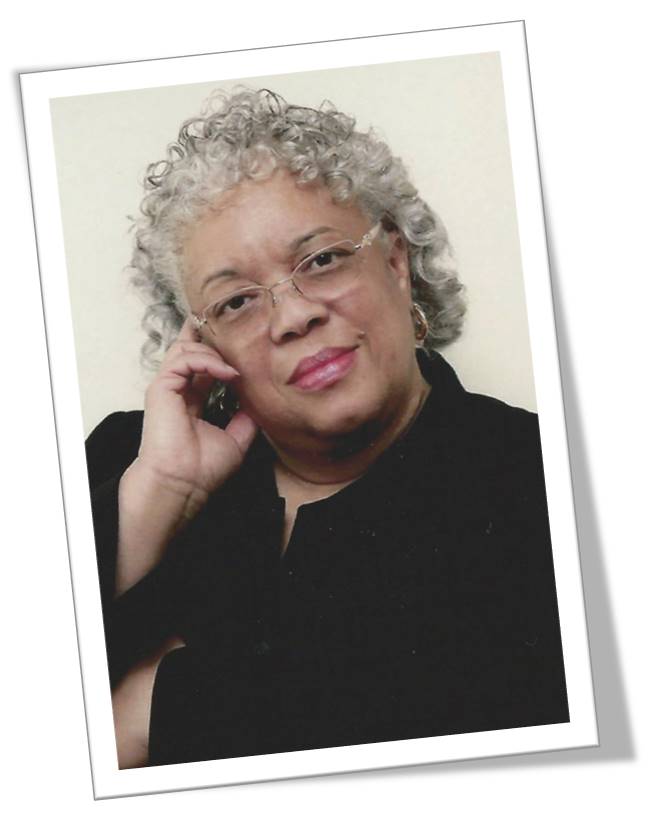 November
NovemberI always kept my appointments for my mammograms because cancer ran in my mother’s family. My mother had a mastectomy after being diagnosed with breast cancer. The process was very difficult for her and I stood by her through the entire process. She was a 40-year survivor, passing away in 2009 of a non-related disease.
-
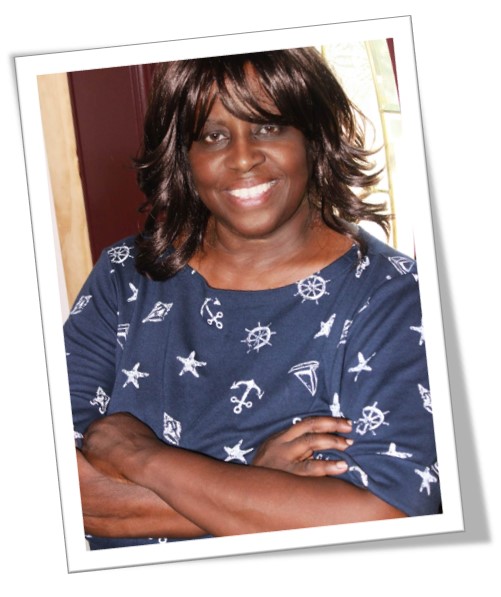 December
DecemberMy name is Linnette Gayle and I was diagnosed with breast cancer in September 2012. I was fifty-six years old. I went for my regular mammogram and a spot was detected on my left breast. It was stage 3, triple negative breast cancer. I was devastated but continued to have faith and stayed positive.

